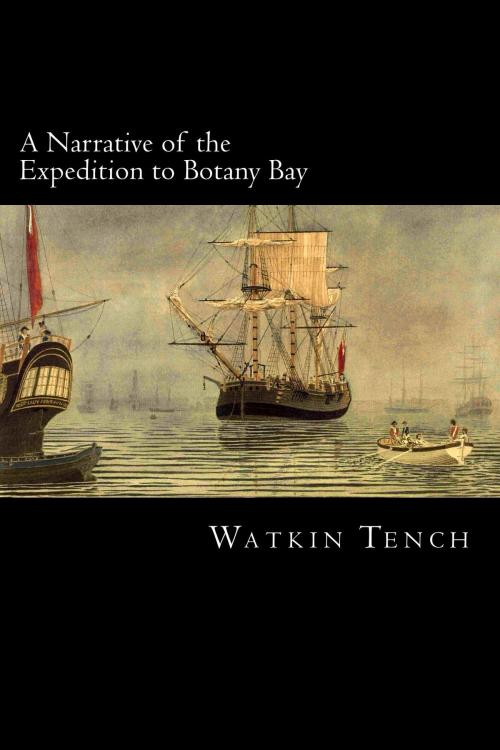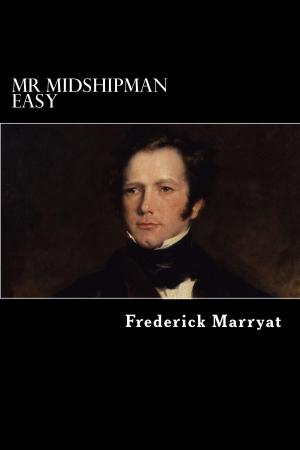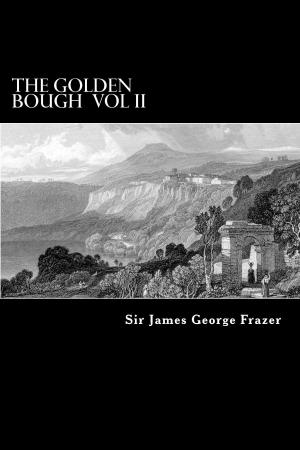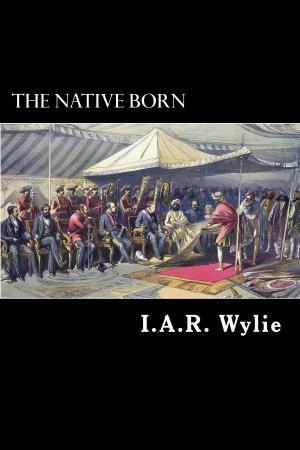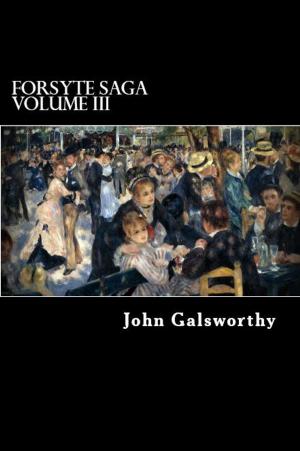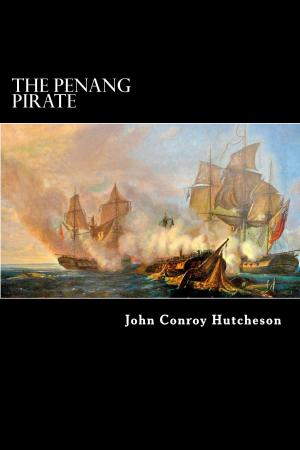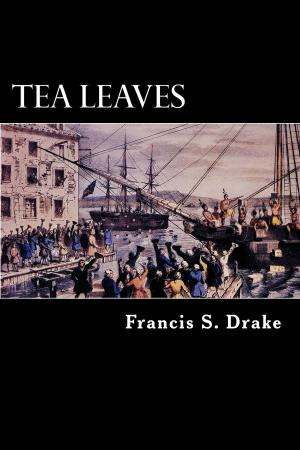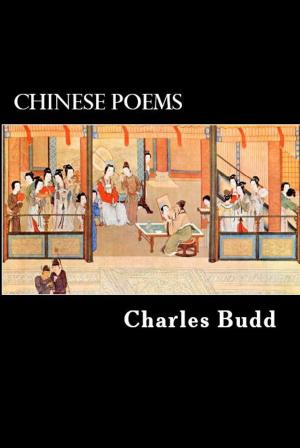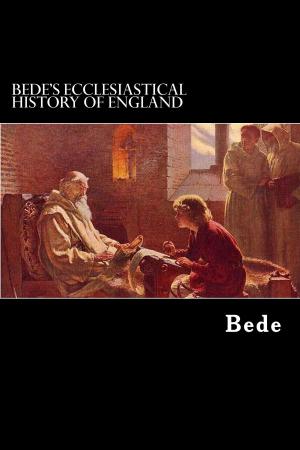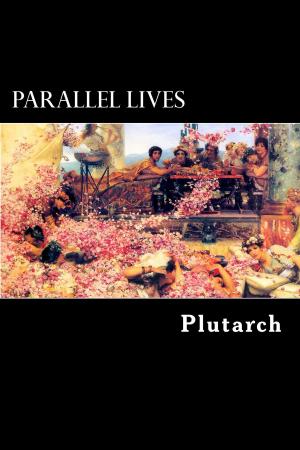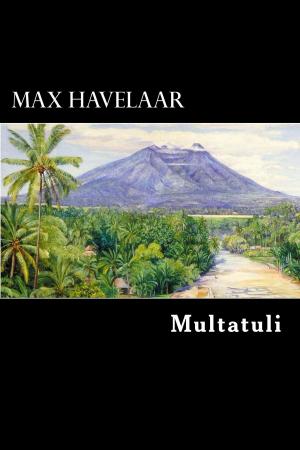A Narrative of the Expedition to Botany Bay
Nonfiction, History, Australia & Oceania, British, Biography & Memoir, Historical| Author: | Watkin Tench | ISBN: | 1230000101008 |
| Publisher: | Herne Ridge Ltd. | Publication: | January 20, 2013 |
| Imprint: | Language: | English |
| Author: | Watkin Tench |
| ISBN: | 1230000101008 |
| Publisher: | Herne Ridge Ltd. |
| Publication: | January 20, 2013 |
| Imprint: | |
| Language: | English |
Watkin Tench (6 October 1758 – 7 May 1833) was a British marine officer who is best known for publishing two books describing his experiences in the First Fleet, which established the first settlement in Australia in 1788. His two accounts, "Narrative of the Expedition to Botany Bay" (this edition) and "Complete Account of the Settlement at Port Jackson" provide an account of the arrival and first four years of the colony. Little more is known of him until he sailed as part of the First Fleet, although he records that he had spent time in the West Indies and his service record shows that he was promoted to Captain-Lieutenant in September 1782 and went on half-pay in May 1786.
In October 1788, Robert Ross made a list of marines who wanted to stay in Australia either as soldiers or settlers. Tench headed the list as 'a soldier for one tour more of three years.' Among his achievements in the fledgling colony of New South Wales Tench was the first European to discover the Nepean River. Tench's accounts were influenced by the liberalism of Jean-Jacques Rousseau and the idea of the noble savage. He thus writes with some sympathy of the Aborigines. His writings include much information about the Aborigines of Sydney, the Gadigal and Cammeraygal (whom he referred to as "Indians"). He was friendly with Bennelong, Barangaroo and several others. He stayed in Sydney until December 1791 when he sailed home on the HMS Gorgon, arriving in Plymouth in July 1792.
Watkin Tench (6 October 1758 – 7 May 1833) was a British marine officer who is best known for publishing two books describing his experiences in the First Fleet, which established the first settlement in Australia in 1788. His two accounts, "Narrative of the Expedition to Botany Bay" (this edition) and "Complete Account of the Settlement at Port Jackson" provide an account of the arrival and first four years of the colony. Little more is known of him until he sailed as part of the First Fleet, although he records that he had spent time in the West Indies and his service record shows that he was promoted to Captain-Lieutenant in September 1782 and went on half-pay in May 1786.
In October 1788, Robert Ross made a list of marines who wanted to stay in Australia either as soldiers or settlers. Tench headed the list as 'a soldier for one tour more of three years.' Among his achievements in the fledgling colony of New South Wales Tench was the first European to discover the Nepean River. Tench's accounts were influenced by the liberalism of Jean-Jacques Rousseau and the idea of the noble savage. He thus writes with some sympathy of the Aborigines. His writings include much information about the Aborigines of Sydney, the Gadigal and Cammeraygal (whom he referred to as "Indians"). He was friendly with Bennelong, Barangaroo and several others. He stayed in Sydney until December 1791 when he sailed home on the HMS Gorgon, arriving in Plymouth in July 1792.
